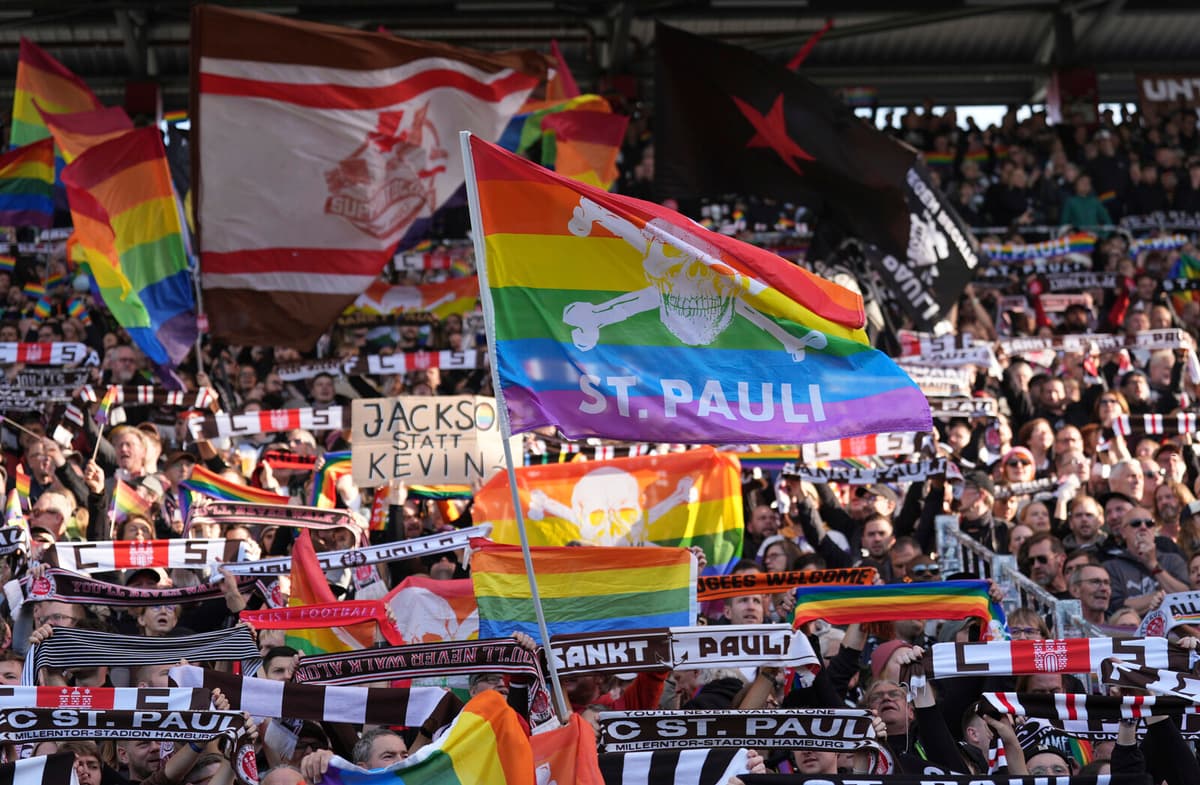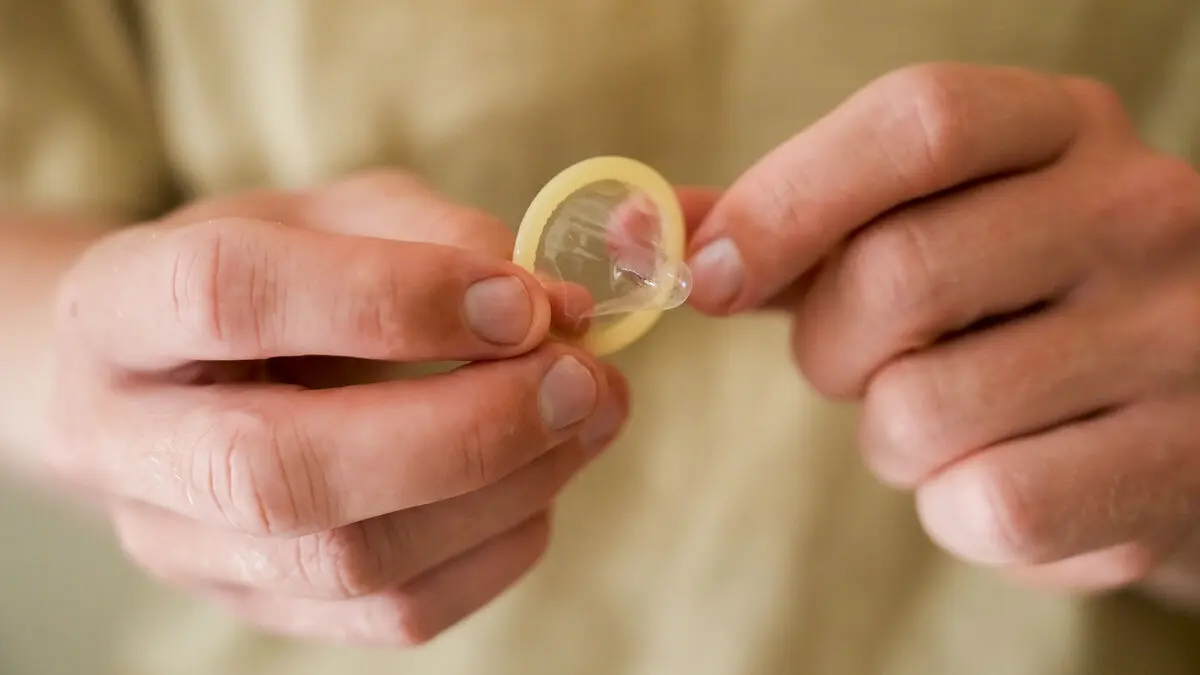The 54-year-old was the first German, male football player to come out as homosexual when he did it in 2007. He works for more players to dare be open with their sexual orientation. Urban means that homosexual players in the men's top league Bundesliga have organized themselves in groups of 20-40 people, but that it is only the tip of the iceberg.
"Many are lone wolves, who do their own thing, and many we do not know about yet", says Urban in the book "Human Football Star" written by the Swiss journalist Andreas Böni and quoted by among others Bild and NTB.
Supported the hbtqi movement
German football has taken several initiatives to support the hbtqi movement and promote a more inclusive environment. Last season, Kevin Behrens was involved in a controversy after he refused to sign a rainbow-colored jersey and was reported to have made homophobic statements, something that the former Wolfsburg striker later apologized for.
Marcus Urban still sees obstacles for players to dare show their sexuality.
"There are still too many people in their vicinity who advise them against it."
In women's football, sexual orientation is not a taboo in the same way as in men's football. Many players are open about being together.
Eriksson and Harder
One of the most well-known couples is the Swedish national team star Magdalena Eriksson, who is together with the Dane Pernille Harder, teammate in Bayern München.
"Many women roll their eyes and get bored when this topic comes up. We want to achieve the same boredom among men. So that everyone can say: 'This is my partner, this is our child'", says Urban.
"Human Football Star" is released on Monday.






